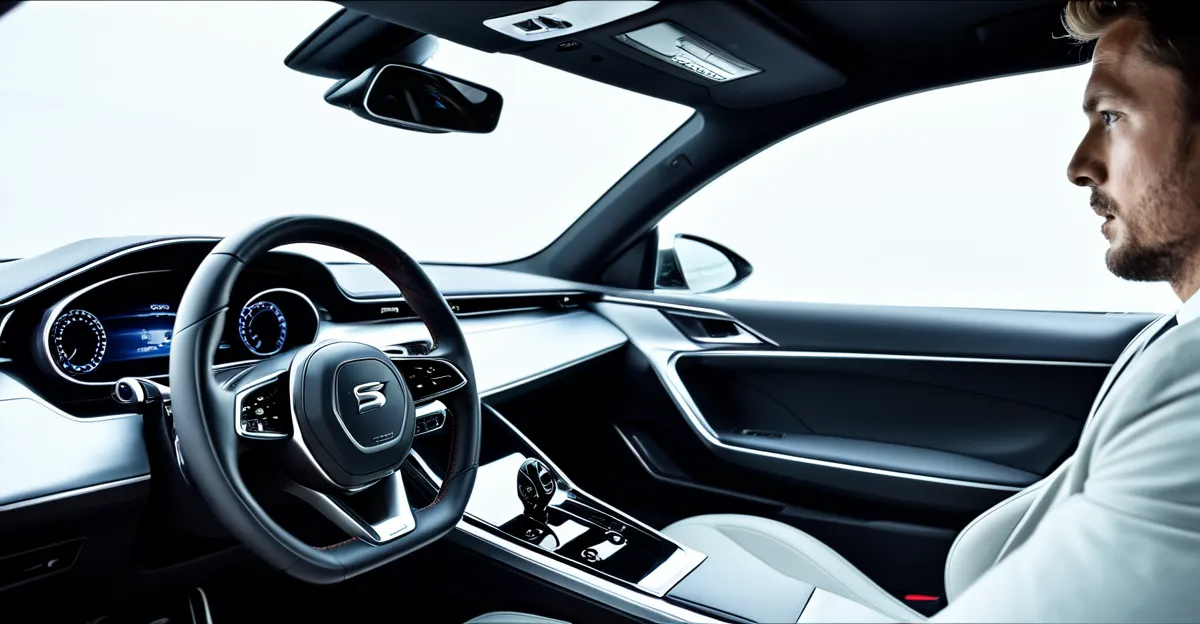Impact of Emerging Technologies on UK Automotive Design
Emerging technology in automotive design is rapidly reshaping the UK automotive landscape. Innovations driven by artificial intelligence (AI) and machine learning are enhancing design processes, allowing engineers to simulate and optimize vehicle performance with unprecedented precision. These digital tools speed up iterations and reduce physical prototyping costs.
In the UK, virtual prototyping plays a crucial role in modern car development. This digital transformation in car design enables designers to create highly detailed 3D models, test aerodynamics, and refine aesthetics before manufacturing begins. Such advancements improve efficiency and product quality, positioning UK automotive innovations at the cutting edge globally.
In parallel : What Innovations Are Expected to Transform the UK Automotive Industry?
Leading UK automotive brands actively adopt these technologies to maintain competitive advantage. From AI-powered design software to integrated digital platforms, these companies leverage emerging tech to innovate faster and tailor vehicles to market demands. This integration accelerates development cycles and fosters creativity while managing complexity in engineering. The result is a steadily evolving automotive design sector, increasingly reliant on smart technology to meet future mobility challenges.
Electric Vehicles and Sustainable Design Trends
Sustainable automotive design is rapidly evolving with the rise of electric vehicles UK manufacturers. UK automotive innovations increasingly focus on integrating EV-centric design principles that prioritize energy efficiency and eco-friendly production. This shift includes adopting lightweight materials such as recycled aluminum and bio-based composites, crucial for reducing vehicle weight and improving battery efficiency.
Also read : What strategies are UK automakers using to enhance cybersecurity in vehicles?
How do UK manufacturers support sustainability through their materials and processes? They implement circular economy approaches, emphasizing recyclability and reduced emissions throughout the vehicle lifecycle. For example, battery recycling initiatives help recover valuable metals while minimizing environmental impact.
Government policy significantly influences this transformation. Incentives like grants and tax benefits encourage manufacturers to invest in EV innovation. These policies also stimulate consumer demand, accelerating broader adoption of electric vehicles.
The digital transformation in car design extends to sustainability by enabling precise simulations that optimize environmental performance early in development. Through advanced software tools, designers can predict energy consumption and carbon footprint, refining the vehicle’s eco-profile before physical production starts. Overall, these combined efforts position the UK at the forefront of sustainable automotive design, merging innovation and environmental responsibility effectively.








